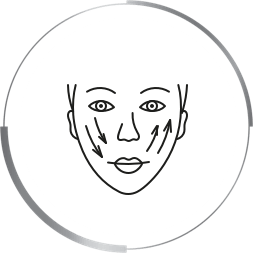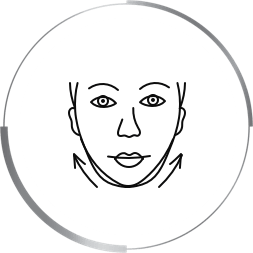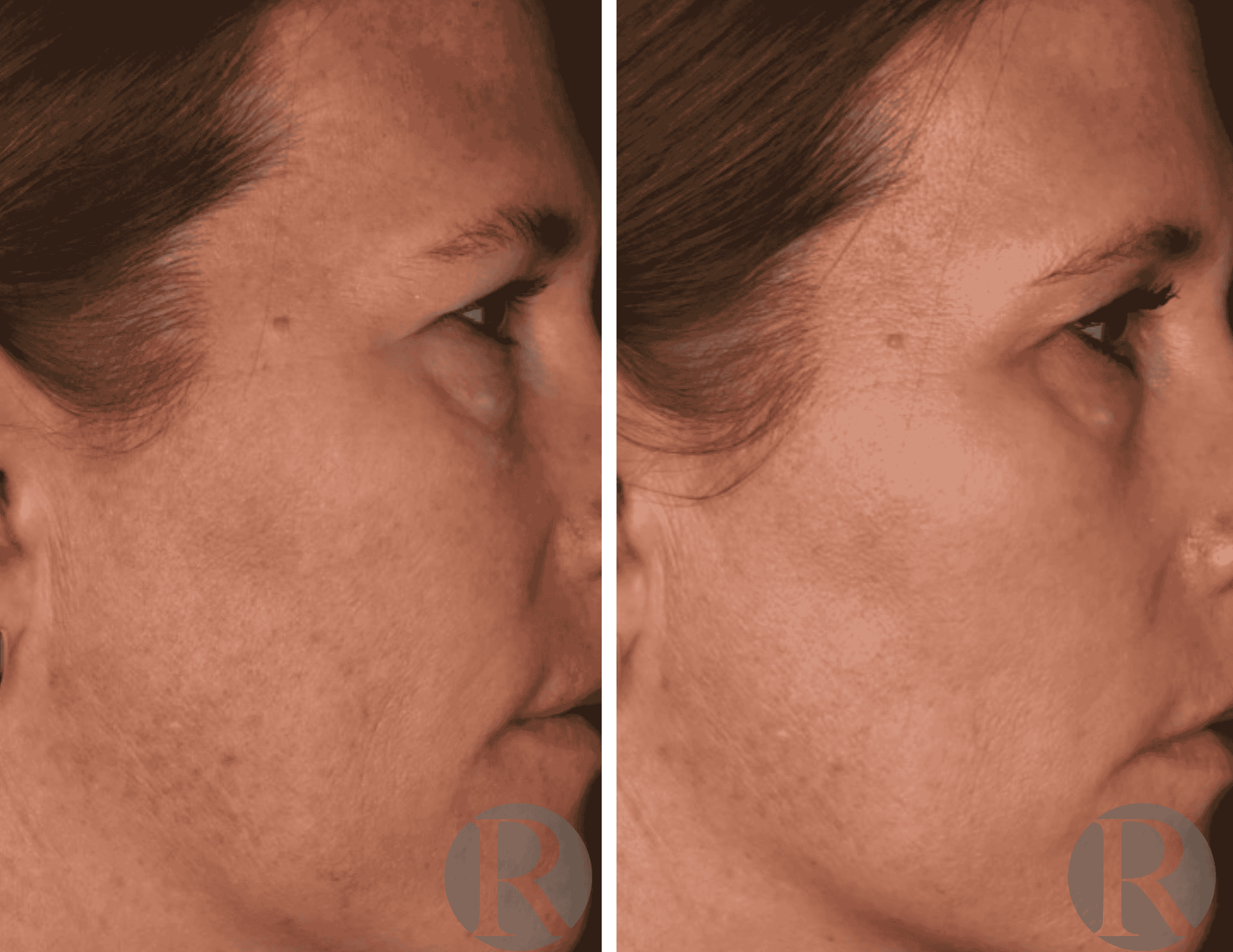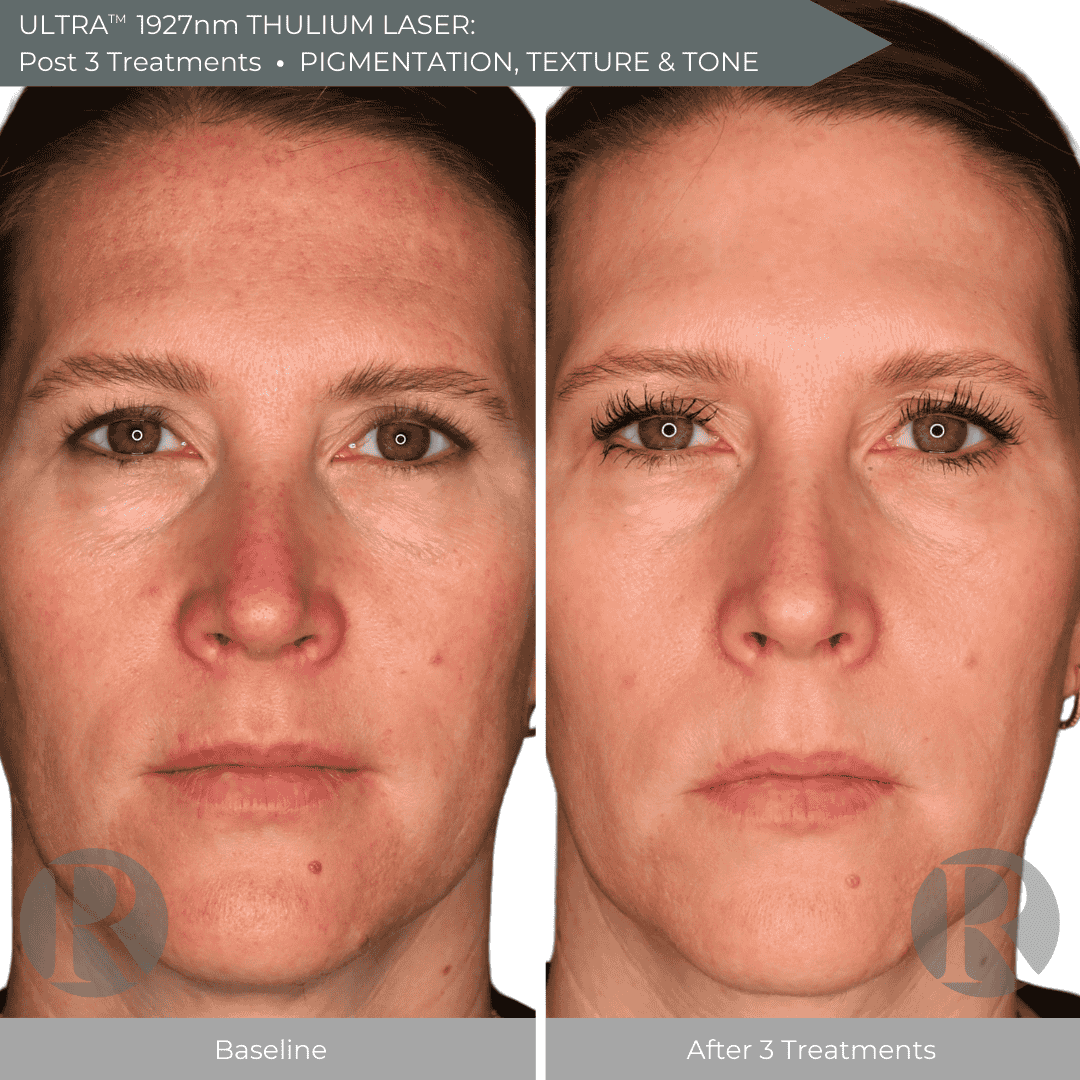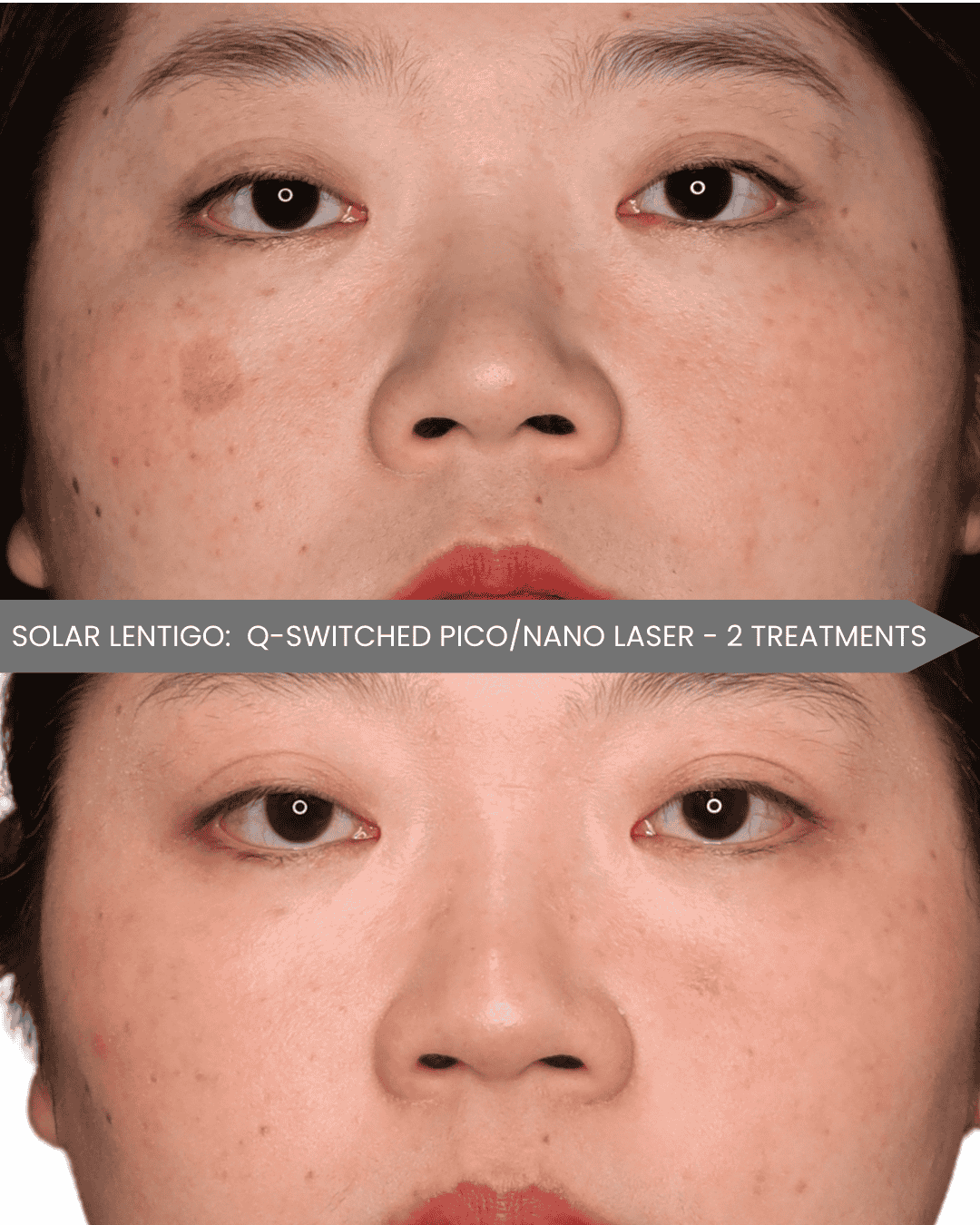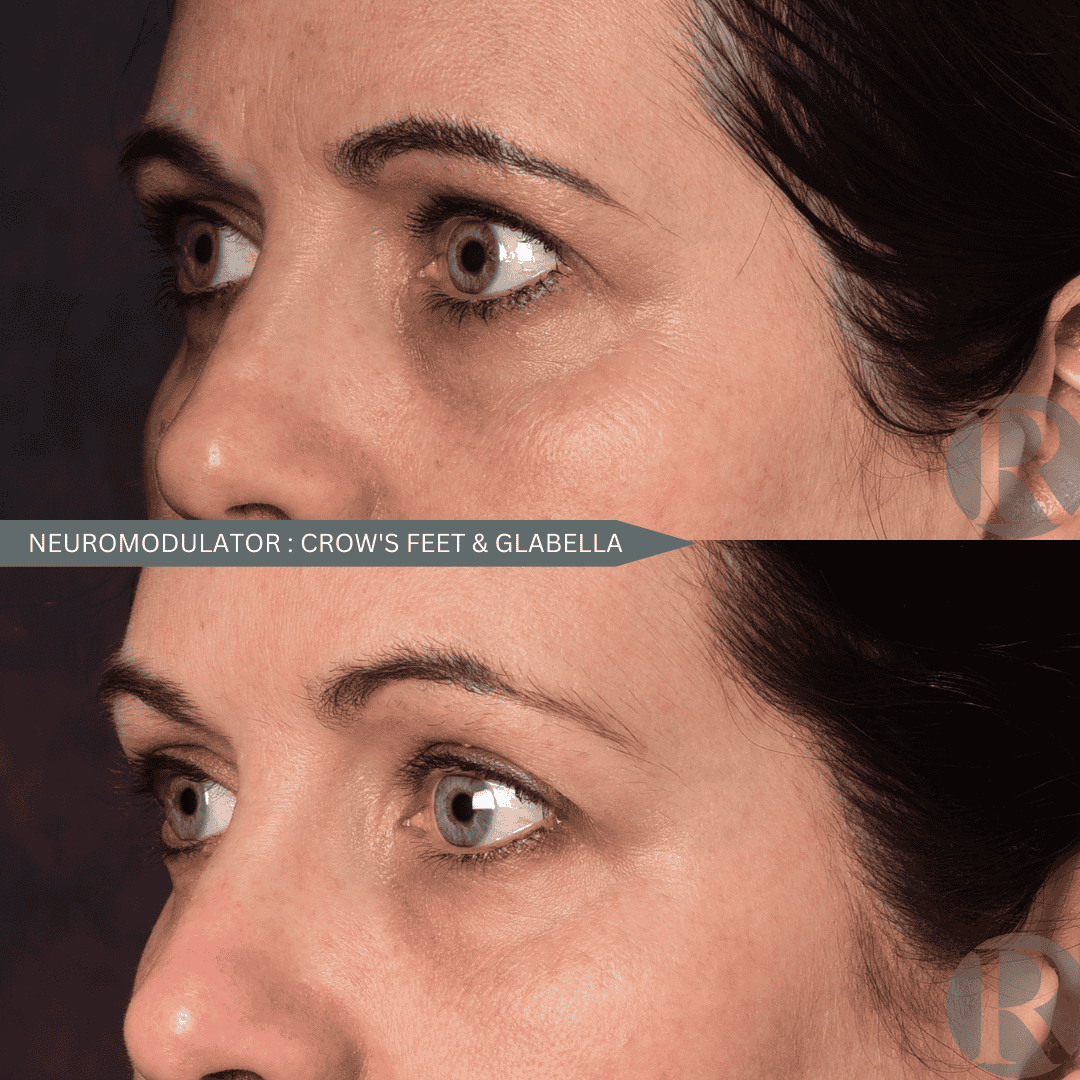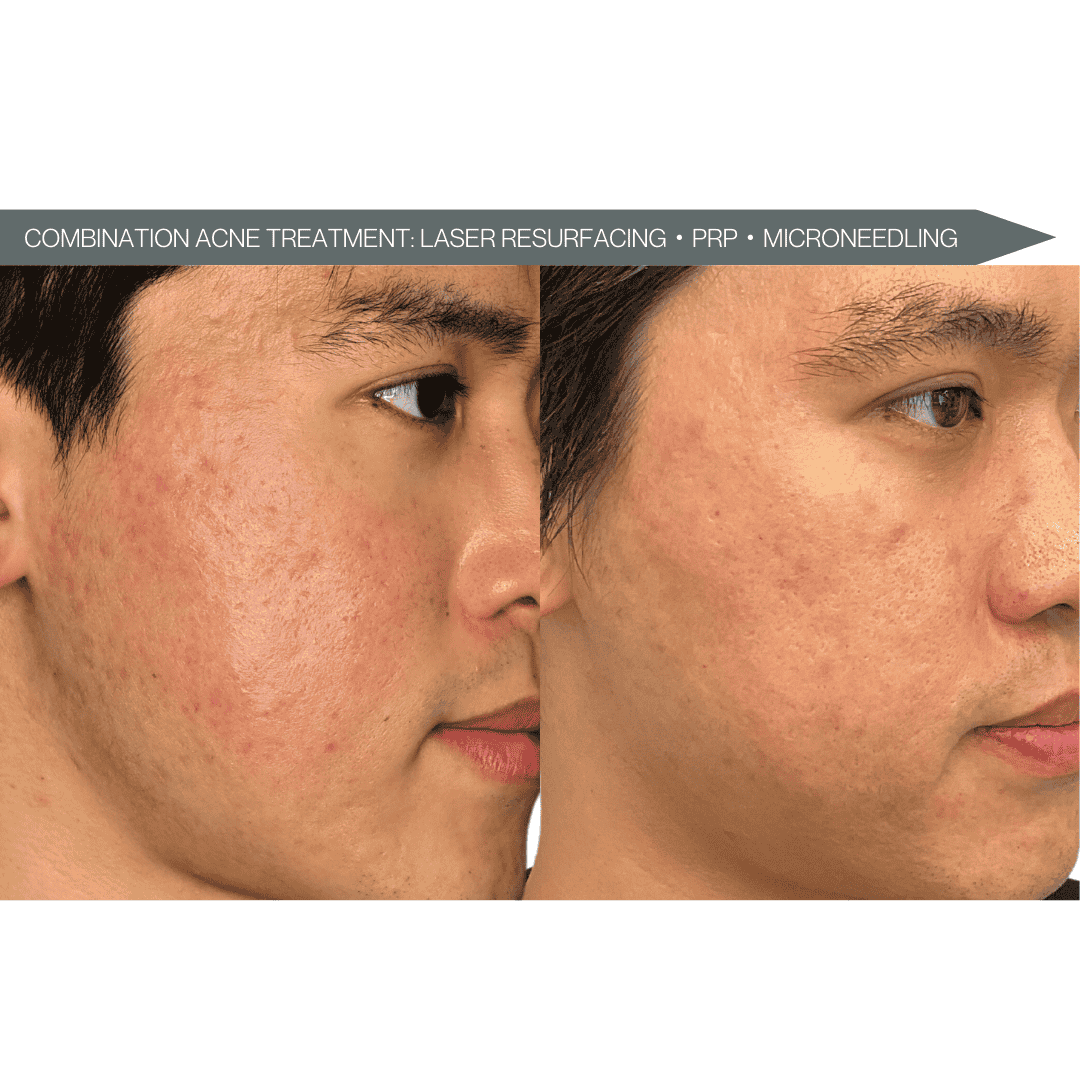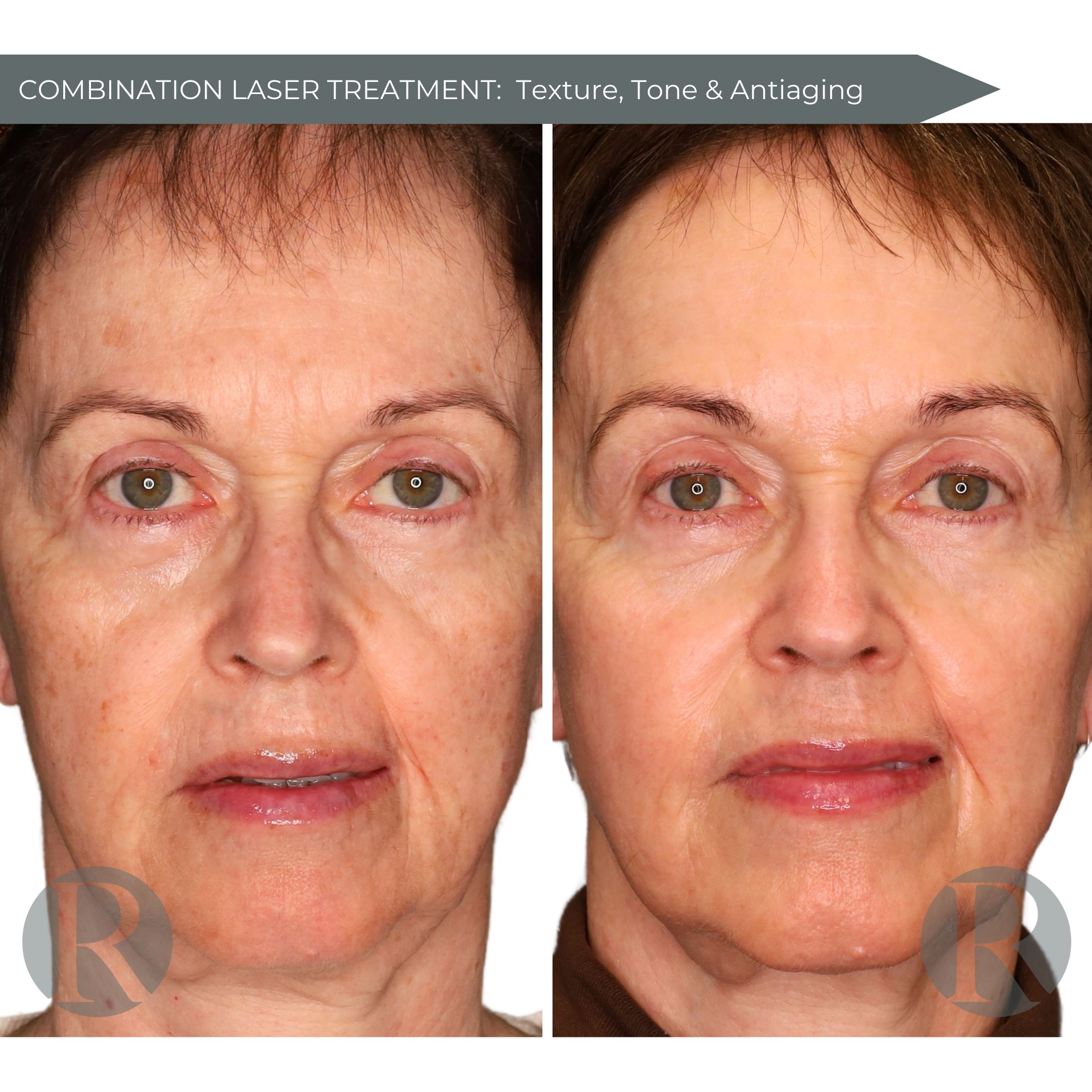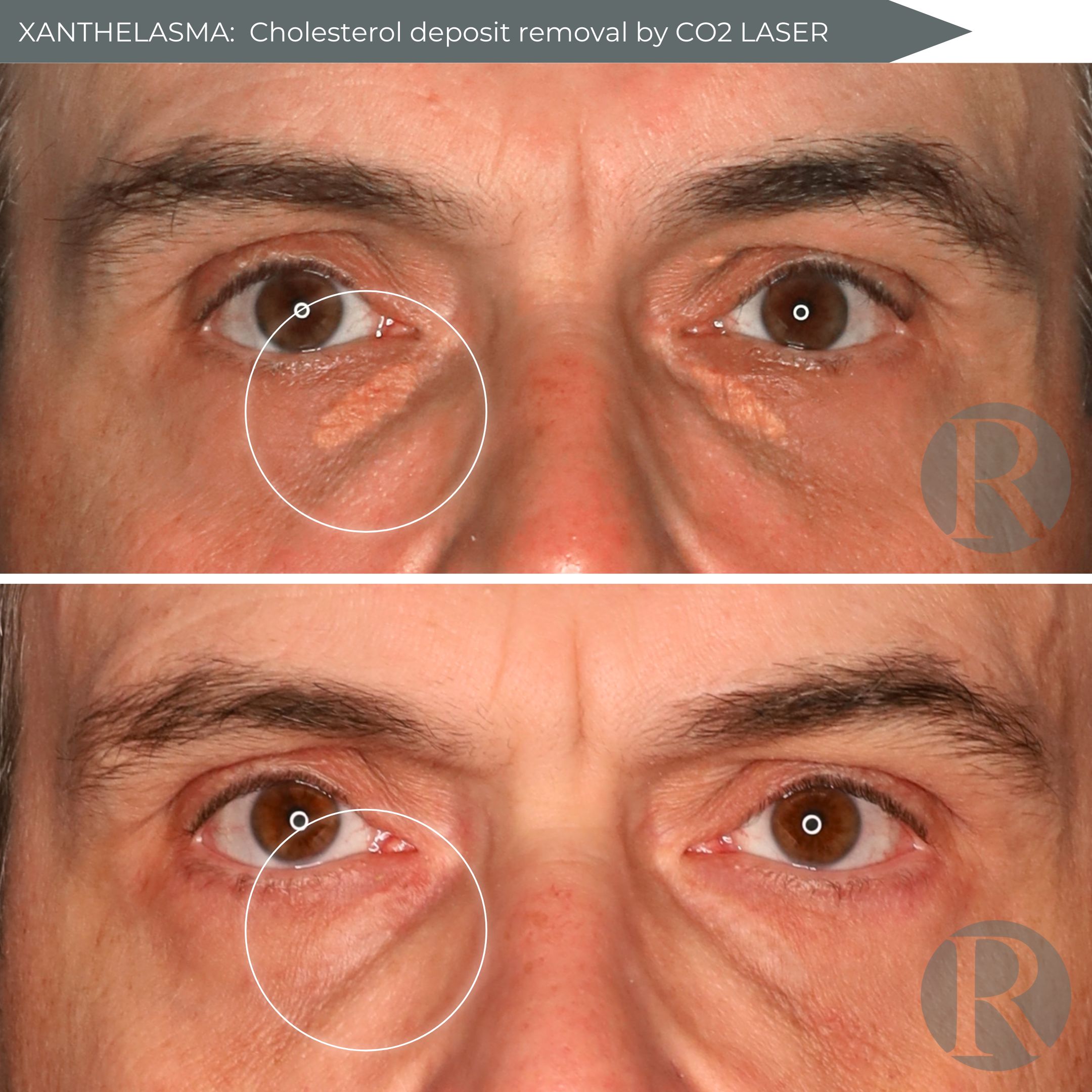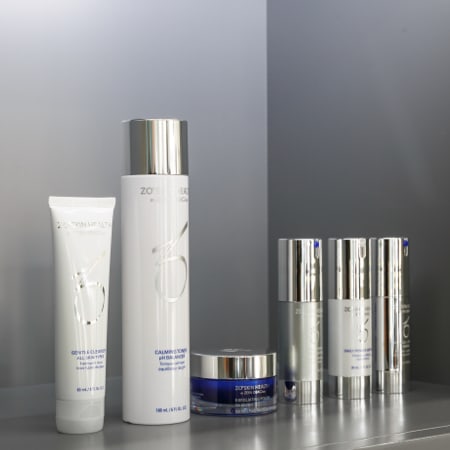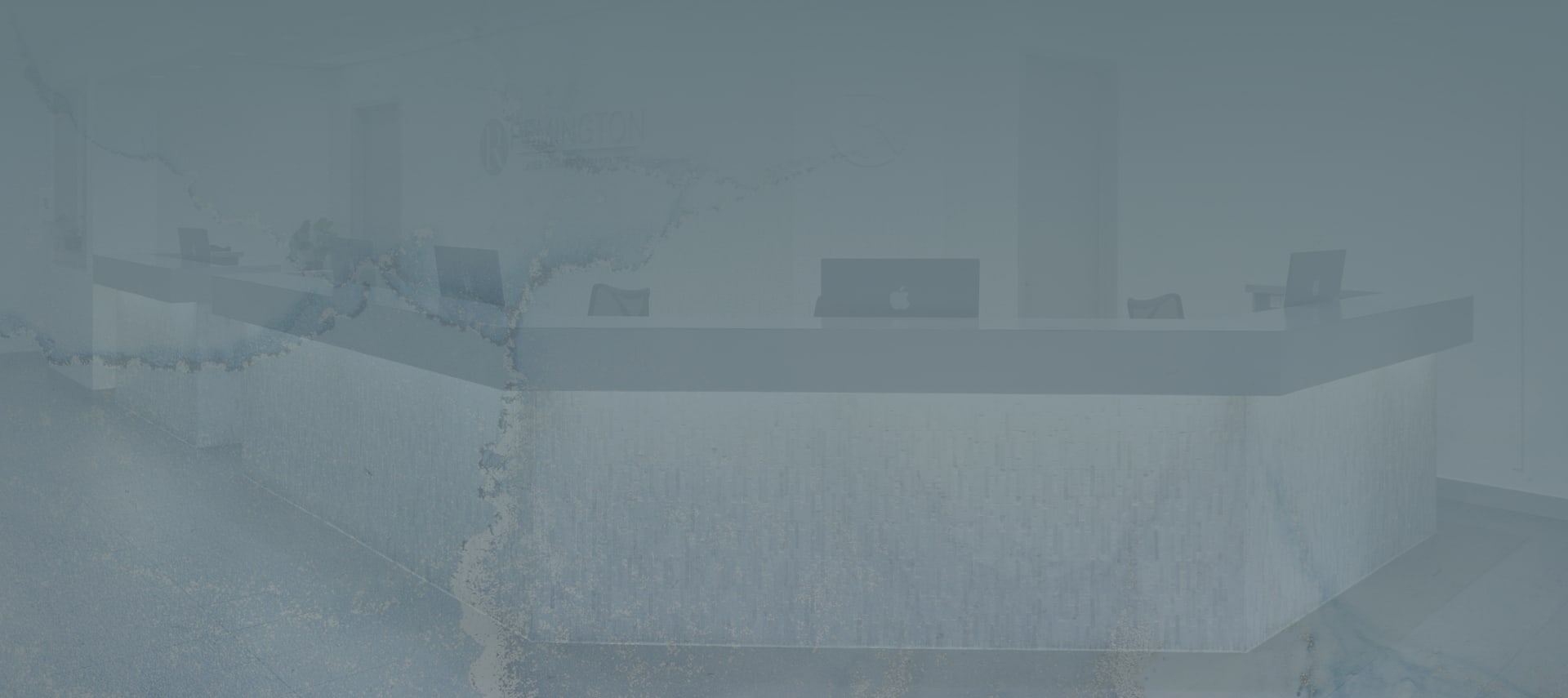No matter what time of year it is, you still be wearing sunscreen to prevent sunburn, skin cancer, and signs of premature aging on your delicate skin. Or so that’s what some people say. Others say that some sunscreens actually cause allergic reactions and can influence more serious issues, like cancer. How do you know what to believe? We recommend doing your own research and testing out a few to see what you like best, but keep reading to get an overview of how sunscreens work.
Physical Sunscreens
Physical sunscreens, mineral sunscreens, and chemical-free sunscreens are all the same product. These sunscreens use a physical filter to block UV rays, so you’re likely going to see Zinc Oxide, Titanium Dioxide (or a bit of both) as active ingredients in your physical sunscreen of choice.
These sunscreens have a bad reputation and are known for being thick, chalky, and poor at blending into the skin. That white film that can be left behind is often a deal-breaker for people who want to wear sunscreen on their face daily.
Thankfully, there are more options. Both Zinc and Titanium Dioxide have been shrunk into “nano-sized” particles by chemists, to help new formulations blend in better to the skin. So far, studies don’t indicate that these smaller particles can sink into the skin deep enough to cause you complications down the road. If you are concerned about side effects, then avoid nano-sized particles, and try to mix some sunscreen in with foundation or tinted moisturizer to help blend it into your skin better.
Chemical Sunscreens
There are many more chemical sunscreen options than physical, which can be a good and bad thing for you. Learning about all of the chemical filters can take a lot of work up front, so if you have concerns about safety or allergies it might be best to search them out specifically. For example, if you know that you’re worried about skin sensitivities or hormone-disruption, perform a quick online search to find brands that are safe for you to use. Certain filters like Oxybenzone are well-known troublemakers, so it’s best to avoid them. For example, Oxybenzone has been linked to damage of coral reefs and disruption of human hormones.
One great thing about chemical sunscreens is their smoother formulations allow a more effortless application on the skin. You won’t find the white cast of physical sunscreens left behind here.
Choose a sunscreen that works best for your skin, and avoid sun damage starting today. Give us a call to learn more about how we can help you recover from sun damage with laser rejuvenation. To contact Dr. Kent Remington, call 403-252-7784. To call Dr. Todd Remington, call 403-255-1633.




